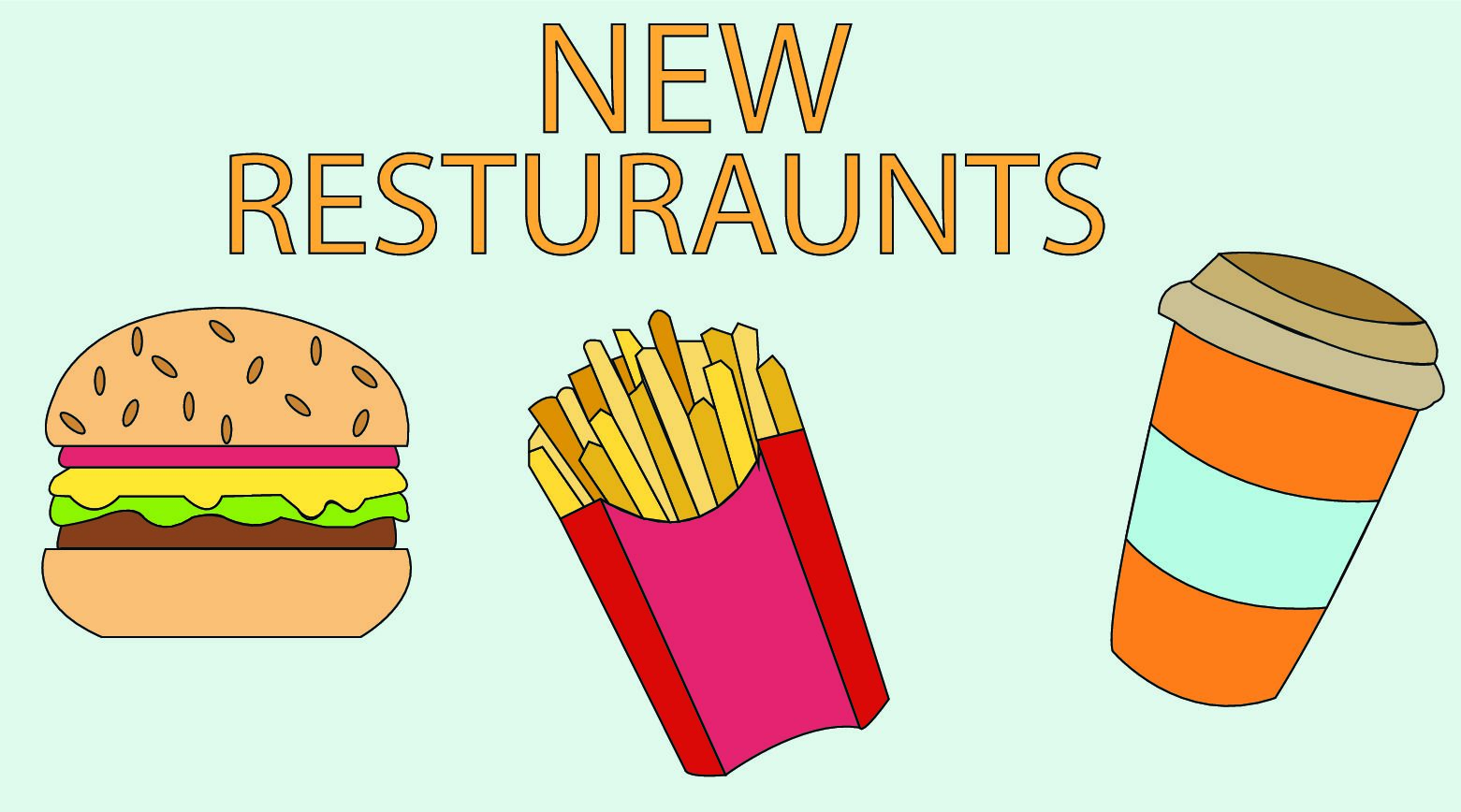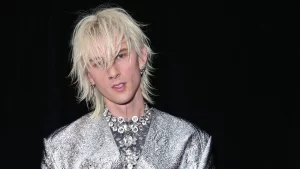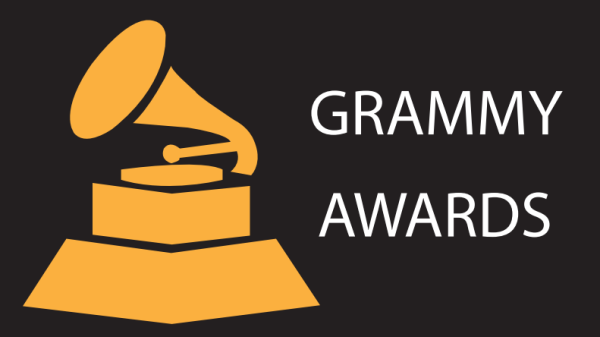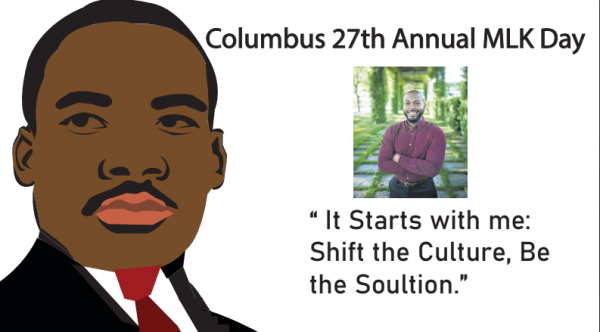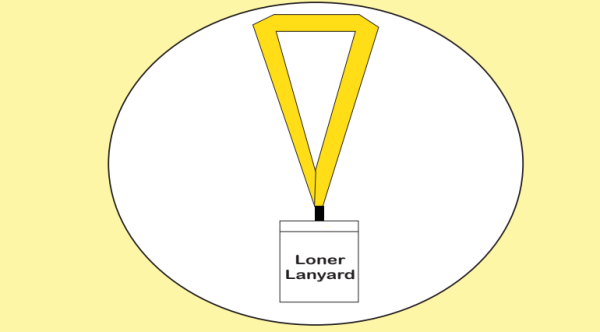Opinion: Should Starbucks cups be affiliated with Christianity?
December 8, 2015
I don’t go into Starbucks often — maybe once a month; I’m not much of a coffee drinker and I can get at least ten times the amount of Arizona Tea for what I would pay for a “Butterbeer” Frappuccino. But with this being said, let’s set up a hypothetical.
Hypothetically I walk into Starbucks.
Hypothetically I order the cheapest hot beverage on the menu (I’m trying to go to college…literally.)
Hypothetically I am presented my coffee in a plain red cup.
Hypothetically I enjoy my coffee and pay no attention to the cup’s simplistic design.
Hypothetically I throw away my cup in a way to help preserve the Earth’s life as long as possible and still pay no attention to the plain red design.
Hypothetically everyone does the same.
Now, of course, society can’t be as sweet as that hypothetical; I would love to live in a world that takes care of the Earth and cares about issues bigger than printing on cups, but that’s just not the situation we have here.
Alternatively the situation is that one group of people are upset because — to them — Starbucks is seemingly trying to alter “Christmas” to just simply “mas”. Now, of course, this is the extreme and a minority, but it is, additionally, minority enough for some confusion. This confusion begins with the question of, “What would the cup look like if Starbucks just clicked ‘ctrl-Z’ on their design?”
You would think, due to the public outcry, that last year’s cup was a collage of Christian symbols typically affiliated with the Christmas season: nativity scenes, angels, wise men, stars. But actually, the cups simply displayed commercialized pagan Christmas symbols: reindeer, ornaments, snowflakes.
Now, naturally, one can argue that Christmas is a Christian holiday, seeing as it’s Jesus’s birth, but besides that inevitable thread, past cups have had no Christian affiliation.
Moreover, Starbucks has no religious obligation.
This entire “movement”, as coined by its creator Joshua Feuerstein, a social media evangelist, was started to try and “trick” Starbucks into implementing Christmas back into its store. He called fellow Christians to go into Starbucks and tell the barista that their name was “Merry Christmas” in an attempt to force Starbucks to say “Merry Christmas” when they allegedly aren’t allowed to. But the problem here is that Christmas was never taken away. Starbucks’ Christmas Blend still is on display and the cups are still red, different from their even simpler white and green cup.
Much of Feuerstein’s argument consists of the fact that a majority of Americans identify as Christians and the United States is founded on Judeo-Christian principles, and so therefore it’s wrong to take away these symbols. These are, in fact, true; according to Pew Research Center, 70% of Americans identified as Christian in 2014, and yeah, this country was based on Christian principles. But neither of these arguments hold up at all. Firstly, okay…70% of this country identifies as Christian but that means that 30% of this country do not identify as Christian. Additionally, yes, this country was indeed based on Judeo-Christian principles, but more than that, this country is based on freedom of religion.
The entire reason those Christians came over from England is so they could practice their own religion freely and peacefully without any objection. They didn’t want to be forced to be part of the Church of England, and so why are we going back on this and inferring that a majority representation of a certain religion have the right to impose their practices on everyone?
We have a secular government. Starbucks does not hate Jesus, they have just recognized that masses of people can’t be put into shiny little uniform boxes with labels. Political correctness is important. Keeping people’s feelings and beliefs in mind is critical. Recognizing diversity is crucial.
While this is all important, at the end of the day all that matters in this argument is that Starbucks can do whatever they want, and they seemed to have made the right decision on this one and are laughing all the way to the bank. Thank you Joshua Feuerstein and thank you capitalism.





